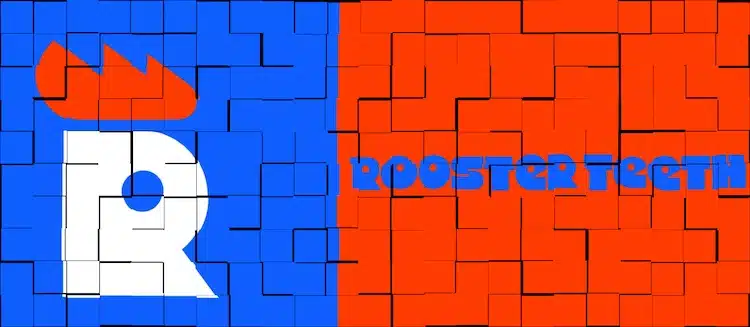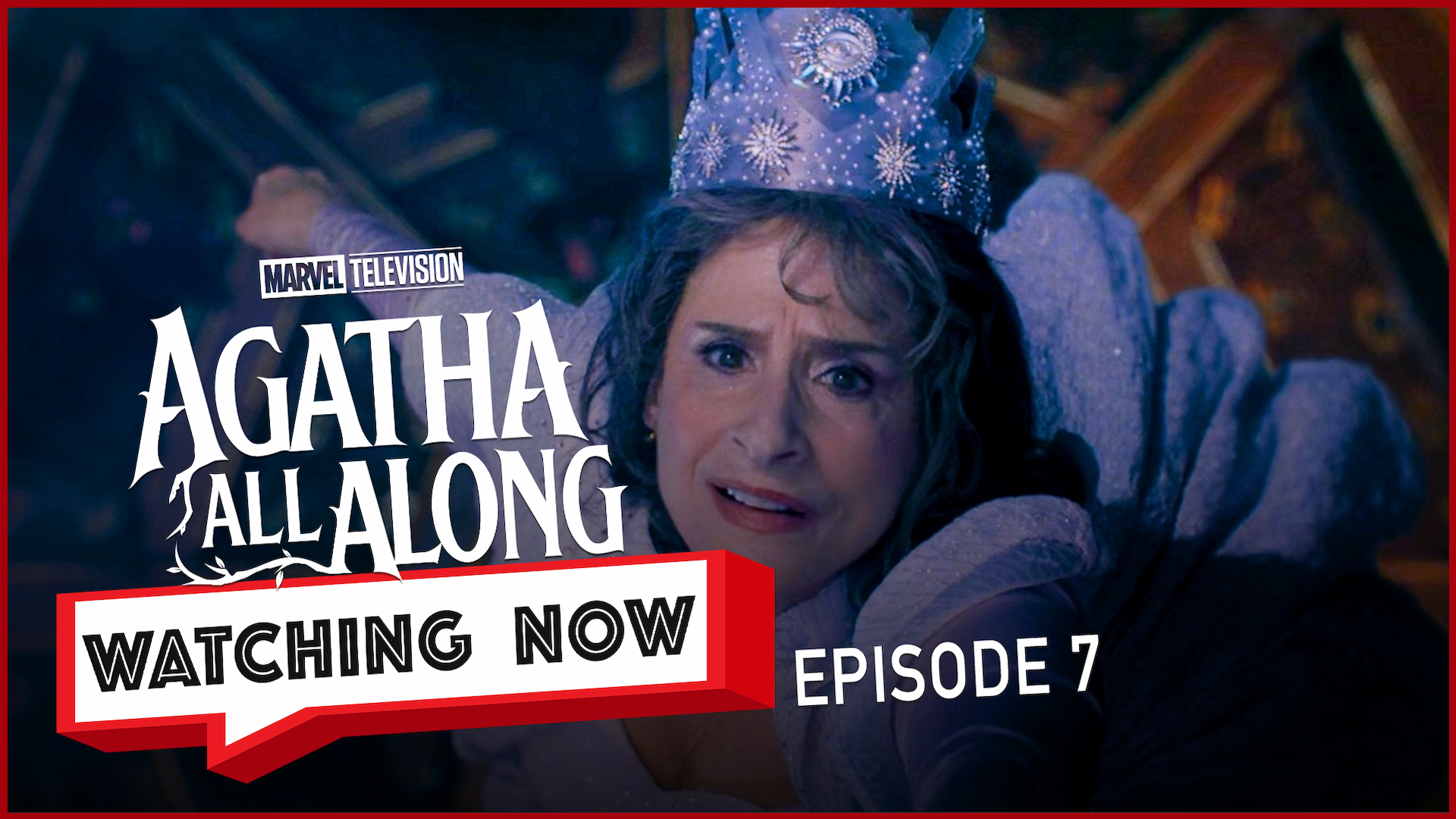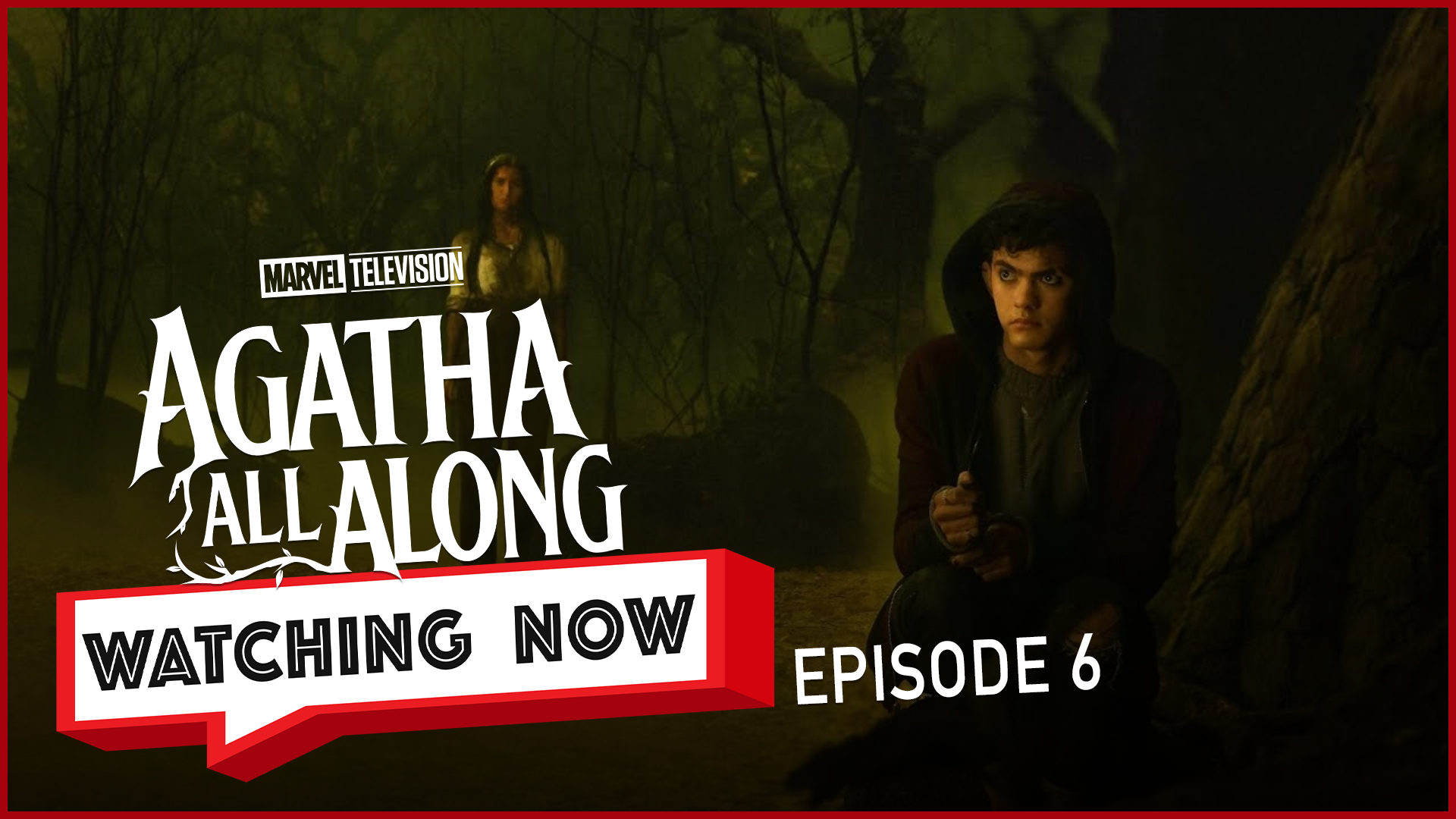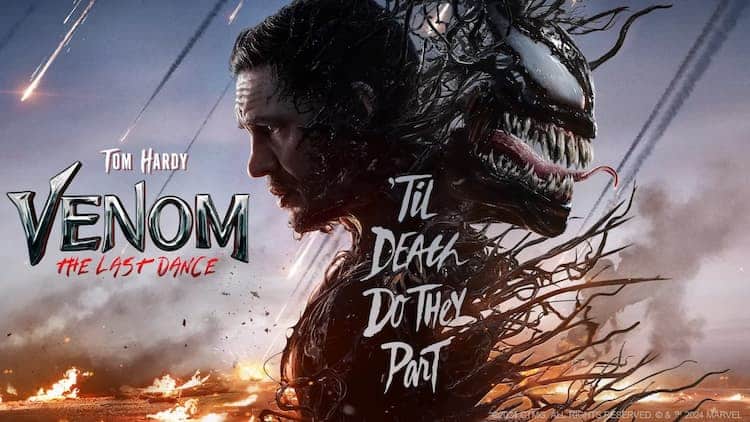
It’s been a difficult few days for us Rooster Teeth fans. On March 6, we learned that Rooster Teeth will be closing up shop soon after 21 years of business. Then, on March 7, Rooster Teeth employees from across the company’s multiple productions gathered for an informal sharing session on RTTV, Rooster Teeth’s exclusive live broadcast channel hosted at RoosterTeeth.com. Memories were shared, tears were shed, and the chat scrolled with supportive words from the community. As I continue to process the news, I feel a heavy sense of loss, not only as a fan and community member but as someone who respects Rooster Teeth as a pioneer in today’s web-based entertainment landscape.
I wish I could say I was there in 2003 when it all started, when Rooster Teeth’s first production, Red vs. Blue, was first available for download. But that’s not entirely true. I was exposed to it first from friends who played Halo, then again through friends who created and promoted machinima. I watched the first season but then lost track of it. It wasn’t until I found and binge-watched RvB on YouTube in late 2016 that I joined the Rooster Teeth community and discovered the rich catalog of content I’d missed over the company’s first 13 years.

As a Rooster Teeth fan, I learned just how much the company set a precedent for what entertainment success could look like in the Internet age:
Along the way, Rooster Teeth pioneered new types of web content and marketing, laying the foundation for today’s modern online entertainment landscape. For example, RT’s Achievement Hunter division was one of the leading brands in the streaming Let’s Play format that planted the seed for live-play services like Twitch. As I immersed myself in the Rooster Teeth community, I felt pride in associating with such a prolific innovator in online entertainment.
Riding that pride, I went all-in on my RT fandom. I joined Rooster Teeth First, the paid service at RoosterTeeth.com, where members can watch exclusive content, get some content earlier than the general public, and chat with each other and the RT staff in forums and during live streams. I’d also occasionally pop into the popular Rooster Teeth subreddit on Reddit. I even planned my cooking and housework to correspond with listening to the RT Podcast live.
By 2017, I was absorbed in all things RT, and I traveled to Austin, Texas, to attend my first RTX. RTX started as a small convention for Rooster Teeth fans, but it grew to encompass festivals celebrating film, animation, podcasting, Let’s Play creators, and more. From 2018 to 2019, I served as a volunteer (“Guardian”) at RTX, working at Registration. I’d hoped to serve again in 2020, but COVID-19 had other plans. My Registration fam held on to hope that we’d eventually be together again, but before that happened, my personal path started to diverge.

The roots of that divergence, though, were pre-pandemic. In 2019, Rooster Teeth’s internal struggles started to become public, and fans could feel the changes happening in real time. At RTX 2019, I met Rooster Teeth co-founder and former CEO Matt Hullum (also RvB’s Sarge), and I got the sense that the rumored struggles the company was going through to stay afloat were weighing heavily on him. I shared with him my understanding as a former startup company member who has seen the impact that risks can have on small companies. I told him he had my trust, and he and his wife, Anna Hullum (Raven in RWBY), said that they appreciated hearing that. Later that day, Matt became very emotional speaking to the Guardians after RTX, and he even played the guitar and sang a song to show his gratitude for our work and our continued support of Rooster Teeth.
Two months later, Matt announced that Rooster Teeth was laying off 13% of its workforce, about 50 employees. Resignation announcements from people across the company soon followed. Names and faces I’d associated with some of my favorite RT productions were suddenly gone, and every day, I was anxious to know who might be next. When industry acquisitions brought RT under the Warner Bros. umbrella, the news had a mixed effect. On one hand, Warner Bros. could give RT content a broader audience and access to some exclusive deals. On the other hand, it was a large entertainment corporation focused on shareholders and markets, not a community of fans.

I tried to stay faithful, and I loved the new faces of Rooster Teeth that came to the forefront with its new and restaffed productions. However, my fandom pride took some big hits as allegations came to light about underpaid, overworked employees, consistently overlooked harassment, and inappropriate behavior by certain individuals. I’d held RT as being open and forward-thinking, but each new bit of info made it hard to ignore the faults. I felt like I was watching the chronic problems we have in the tech industry reflected in Rooster Teeth.
My enthusiasm for RT has waned since then, but I still love and support its creators. Thus, I’ve remained a First member and consumed content like the Extra Life charity live stream, RvB, RWBY, Gen:Lock, Camp Camp, Good Morning From Hell, the Little Roosters successors, and any time Jon Risinger and crew brought back On The Spot for a show or two. For the fandom and the community, though, I didn’t engage as much as before. I guess I just wanted to wait and see the fruits of RT’s renewed commitment to a better workplace. Thus, when I had to trim my budget in the wake of the pandemic, I chose not to return to the last two RTX conventions (2022-23).
Given all that, when the announcement hit about Rooster Teeth closing its doors, I can’t say I was surprised by the news. I’m actually amazed they made it through 21 years and that they pushed ahead in spite of financial losses for a decade. Rooster Teeth’s current General Manager, Jordan Levin, said in the announcement that the company had challenges from “fundamental shifts in consumer behavior and monetization across platforms, advertising, and patronage.” In other words, the Rooster Teeth couldn’t make their model work in this evolved landscape of online entertainment dominated by big platforms (Netflix, Twitch, etc.) and the pressure to appeal to a broad audience and draw massive viewer numbers.
No, instead of surprise at the news, I’ve just been sad. It’s the end of an era. I’ve scrolled through #RoosterTeeth posts on Twitter—er, X—which are overwhelmingly supportive and nostalgic. Fans, fellow entertainers, and former RT staff are pouring one out for these trailblazers, passion-driven creators, and brilliant entertainers. We celebrate the bold spirits of the founders and hundreds of others who took a chance at this unique little venture called Rooster Teeth.

I hope the creative and kind spirits that stuck with the company through thick and thin find their rewards in new roles that help them shine even brighter. I also hope that my fellow fans will keep RT’s original spirit alive in future productions and fan communities. I plan to follow and support all the IPs that originated at Rooster Teeth, both now and after Warner Bros. finds a new home for them. I hope other creative teams will pick them up and continue to nurture them. If not, may they be preserved in places of honor.
I raise my glass and toast to Rooster Teeth and to everyone who’s found themselves asking, “You ever wonder why we’re here?”



